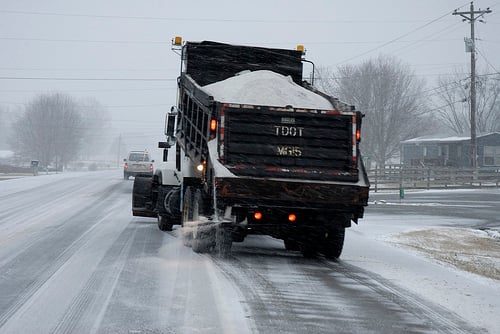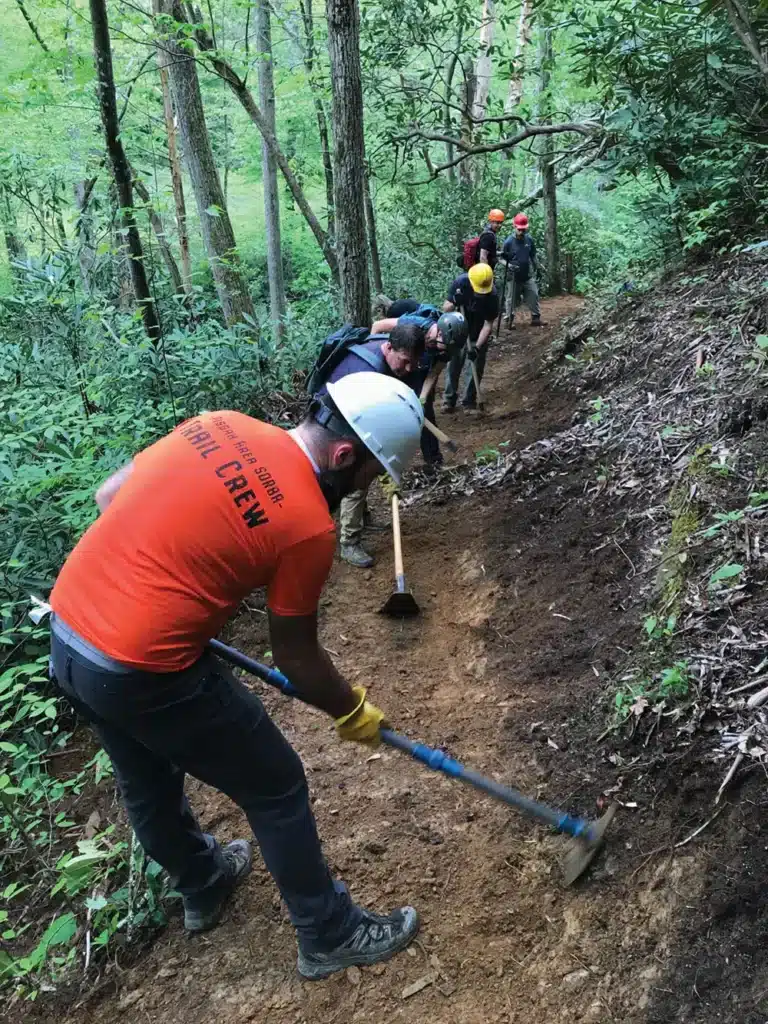Public invited to review South Carolina Draft Aquatic Plant Management Plan
The public is invited to review and provide comments on the draft 2019 South Carolina Draft Aquatic Plant Management Plan. Each year the South Carolina Department of Natural Resources staff and the South Carolina Aquatic Plant Management Council prepare a plan that identifies aquatic weed problem areas, prescribes management strategies and determines needed funding. Since the program began in 1981, over 190,000 acres of invasive aquatic vegetation in public waters have been controlled to improve wildlife and fisheries habitat, public recreational access, and drinking water supplies. Comments or suggestions must be submitted in writing or by email and received by March 30, 2019. The plan is available to review at www.dnr.sc.gov/invasiveweeds/draftplan.html. Comments can be submitted to Chris Page at [email protected].
North Carolina study finds that road salt impacts local waterways
As winter hangs on in the mountains, a new study out of Appalachian State University is measuring how road salt impacts local waterways. When it snows in the NC mountains, tons of salt are laid down on the roads. The salt keeps the roads safe for travel, reducing accidents by 51 to 88 percent. Once the snow is gone, however, the salt dissolves and is carried into streams. For the past decade, Appalachian State University has been monitoring the salinity of the water and the soil of eight streams that flow into the Upper South Fork New River by measuring it for conductivity. Because saltier water conducts more electricity, conductivity can be measured to determine how much salt is in the water. Researchers have found that the streams get so salty in the winter months that the water is equivalent to estuarine water at the coast—where the rivers meet the ocean. The fish and insects that live in the streams aren’t evolved to live in salty water, so sensitive species like trout, mayflies, stoneflies and caddisflies are affected. To keep the salt runoff down, the city of Boone, NC is experimenting with a mixture of 80 percent salt brine and 20 percent beet juice. The cost of beet juice is significantly higher, and its impact on conductivity is unknown.
44th Annual Assault on Mt. Mitchell sold out
The 2019 Assault on Mt. Mitchell, one of the premier cycling experiences in the southeast, is sold out. Organizers are offering a special for the Assault on Mt. Mitchell’s shorter race, the Assault on Marion, a 74.2-mile ride from downtown Spartanburg, SC to the Tom Johnson Campground in Marion, NC. Marion registrants will have the opportunity to register early for the 2020 Assault on Mt. Mitchell. Now through March 31, the registration fee for the Assault on Marion is $55, increasing to $60 from April 1- May 17.








